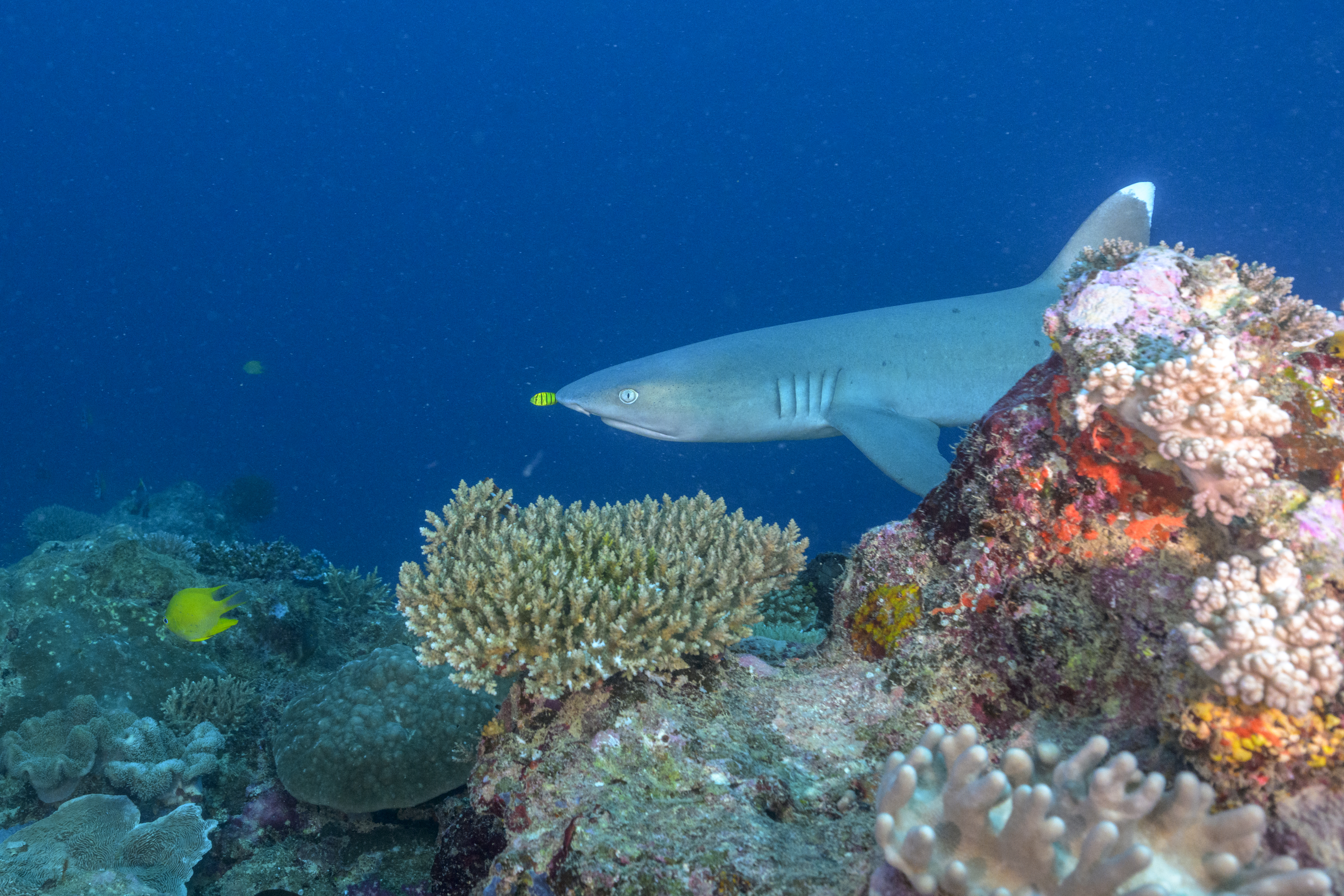In a world approaching climate tipping points, coral reefs offer a powerful story of resilience and hope.
A recent report shared by The Guardian highlights urgent threats facing our planet, from collapsing ice sheets to the Amazon rainforest’s decline. But amid these warnings, pockets of hope persist.
Resilient refuge reefs continue to thrive despite repeated bleaching events, cyclones, and hurricanes. Their survival is driven by unique local conditions and connected currents that foster recovery and resistance. This resilience offers genuine hope for the future of coral reefs.
A new study in Coral Reefs shows that reefs decimated by Cyclone Winston (Category 5) in 2016 showed surprising resilience in Fiji. Despite losing over half of their hard coral cover, they rebounded within four years, with coral communities reassembling to near pre-cyclone levels by 2020, supported by high fish biomass. This adds to growing evidence that high-integrity, climate-resilient reefs can recover from extreme events.
These refuge reefs are nature’s resilient hope spots. Connected by ocean currents, they show that nature can rebound when given the chance. Importantly, there is no single tipping point for all reefs. Each is unique, shaped by local conditions and recovery potential.
As we drive more action on climate emissions, we must also act locally. Protecting these strongholds is not just conservation, it’s securing the future of our oceans and communities.
“Addressing the climate crisis requires not only global action but deep respect for the knowledge, leadership, and sovereignty of Indigenous Peoples and local reef guardians,” said Rachel James, Global Coral Reef Initiative Lead. “The future of coral reefs is inseparable from the wellbeing of the communities who have long cared for them. Supporting their self-determined efforts to adapt, heal, and sustain these ecosystems must be prioritised alongside emissions reductions, with equal urgency and solidarity.”
To protect and preserve coral reefs, we must first be able to measure them. Standardised, scalable monitoring is essential, but many reef countries face gaps in capacity. Building local scientific expertise and empowering in-country teams is key to closing this gap and ensuring long-term reef resilience.
That’s why the Coral Reef Rescue Initiative (CRRI) is working to protect and preserve these vital ecosystems, ensuring they endure for generations to come, through science, partnerships, and local action.
The CRRI calls on conservationists, climate leaders, marine scientists, policymakers, donors, and advocates to unite in support of resilient reef ecosystems. By joining forces, supporting locally led reef action, and amplifying stories of recovery and resistance, we can help secure the future of coral reefs and the communities that depend on them.
Together, we can turn the tide.

